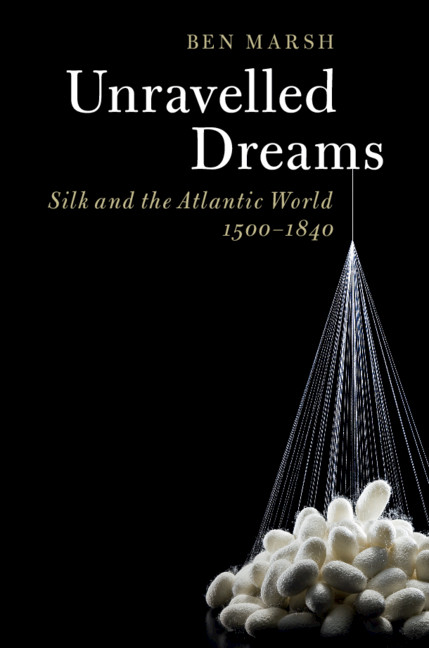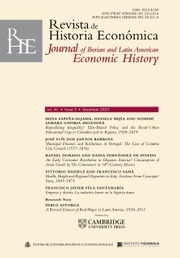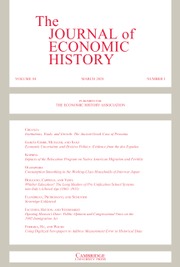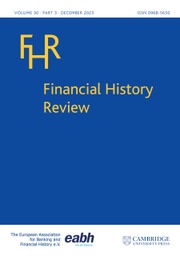Money in the Dutch Republic
The Dutch Republic was an important hub in the early modern world-economy, a place where hundreds of monies were used alongside each other. Sebastian Felten explores regional, European and global circuits of exchange by analysing everyday practices in Dutch cities and villages in the period 1600-1850. He reveals how for peasants and craftsmen, stewards and churchmen, merchants and metallurgists, money was an everyday social technology that helped them to carve out a livelihood. With vivid examples of accounting and assaying practices, Felten offers a key to understanding the internal logic of early modern money. This book uses new archival evidence and an approach informed by the history of technology to show how plural currencies gave early modern users considerable agency. It explores how the move to uniform national currency limited this agency in the nineteenth century and thus helps us make sense of the new plurality of payments systems today.
- Uses history of science and technology to understand money in the early modern world
- Helps readers make sense of the new plurality of payment systems today
- Wide appeal to historians of the Dutch Republic, early modern Europe, economic history and the history of science and technology
Reviews & endorsements
'What counts as money? How is it used? These questions, newly relevant today, were of pressing concern in the past. In a book full of telling examples, Felten reveals how these questions were answered in practice rather than only in theory. He shows convincingly that successful money requires the willing participation of all its users.' Jan de Vries, University of California at Berkeley
'If you ever wondered what the lives of ordinary people can teach us about the functioning of society at large: read this book. Sebastian Felten's unique blend of big ideas and rich historical detail challenges us to rethink the use of money in early modern Europe.' Oscar Gelderblom, Antwerp University
'Felten utilizes a variety of disciplines and sources, providing an intriguing, accessible, and erudite analysis into the use of money. He illustrates exchange mechanisms that linked rural areas to urban centers and ultimately to global networks. Money in the Dutch Republic possesses a Braudelian feel for both local details and big structures.' Charles Parker, Saint Louis University
Product details
March 2022Adobe eBook Reader
9781009116671
0 pages
This ISBN is for an eBook version which is distributed on our behalf by a third party.
Table of Contents
- 1. Money as social technology
- 2. Grain money in a farming community
- 3. Ink money in a princely estate
- 4. Metallurgy and the making of intrinsic value
- 5. Mercantile practice and everyday use
- 6. Patriotic economics and the making of a national currency
- Conclusion
- Appendix
- Notes
- Archival Sources
- Bibliography
- Index.










